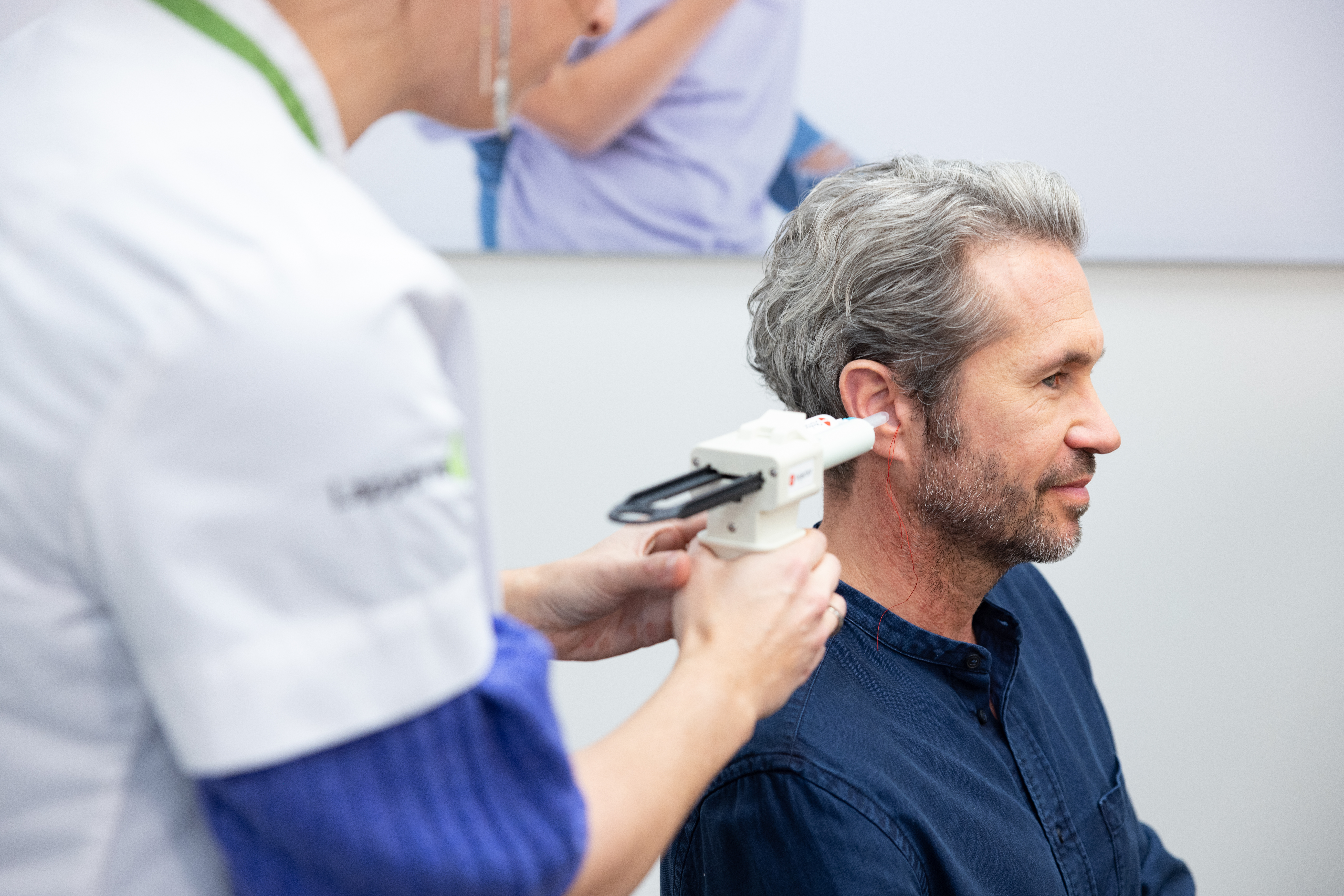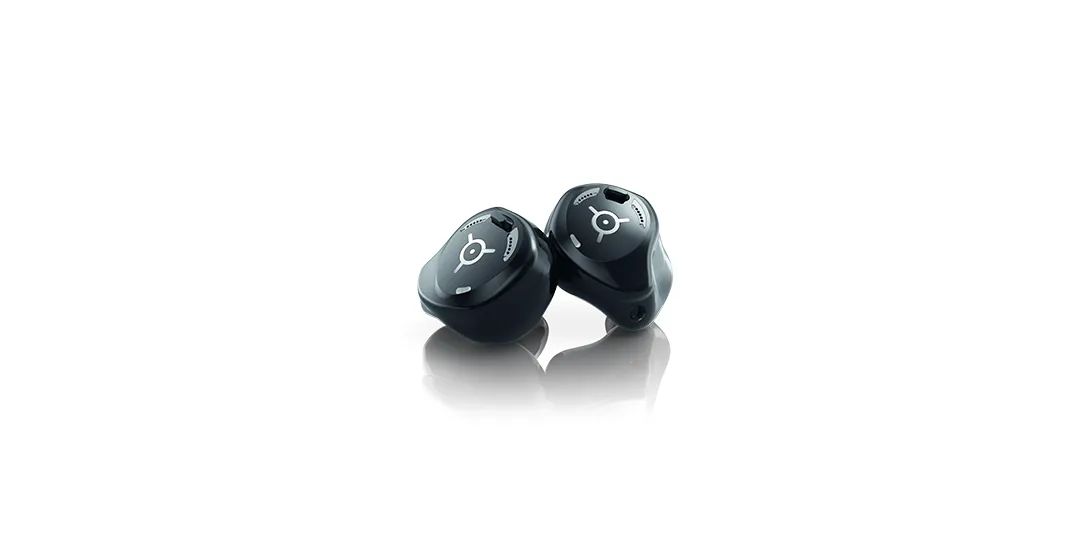Do I really need a hearing aid?
Do you experience difficulties in hearing or understanding? Learn the signs of hearing loss and when a hearing aid makes sense.
Have you recently experienced difficulties in hearing or understanding? Or have you always had hearing problems? Next, find out here how to recognize the signs of hearing impairment, and when it makes sense to have a hearing aid. You can also find out whether you need a hearing aid for both ears.
Do I need a hearing aid?
Millions of people experience difficulties hearing or have hearing problems. It’s not just older people who have hearing difficulties. Young people, and even children, are increasingly affected. Hearing loss can take many different forms. The most common hearing problems include congenital deafness, age-related hearing loss, sudden / acute hearing loss, tinnitus, hearing problems caused by colds, sensorineural hearing loss, or acoustic trauma.
Unless you are affected by congenital hearing loss or deafness, hearing loss typically comes on gradually and almost imperceptibly. Friends and family will often be aware of your hearing loss before you are, and will alert you to the problem. But how can you tell if you really do have hearing problems and would benefit from a hearing aid?

Below are a few pointers that might help you decide whether your hearing is impaired:
- Do your friends or family tell you that you have your TV on very loud?
- Do you have the impression that the people you’re talking to are speaking very quietly or mumbling?
- Do you find it hard to follow conversations because words containing high-frequency consonants such as s, t, f, p, and k, or consonant combinations such as ch and sch are unclear?
- Do you struggle to focus on the person you’re talking to and find it hard to follow a conversation?
- Do you feel you can no longer hear as well as you used to?
- Is it increasingly hard to hear important sounds such as alarms, phones, and doorbells?
- Are high-pitched sounds, such as birdsong, harder to hear than before?
- Are conversations and meetings at work becoming a challenge?
Any of these might indicate hearing loss. If you are unsure about whether or not you are affected by hearing loss, the best thing to do is to take a free online hearing test. If the test confirms that you have hearing problems or difficulties in hearing, we recommend undergoing a more detailed examination with one of our hearing care professionals. The specialist will be able to determine the cause of your hearing difficulties, suggest appropriate treatment, and help you decide whether a hearing aid would improve your hearing.
If you do need a hearing aid, find out here about the various types of hearing aids available. One of our expert hearing care professionals will be happy to help you choose the right model.
Do I really need two hearing aids?
What is binaural hearing?
Binaural hearing means hearing with both ears. It refers to the ability to determine the direction of a sound source. It is also known as directional or spatial hearing. An acoustic signal or sound reaches the left and right ears at different times. Depending on the direction it’s coming from, it reaches one ear a fraction of a second sooner and more loudly than the other.
This delay is sufficient for the brain:
It uses the timespan between the arrival of the sound wave in the two ears to calculate the direction of the sound. The direction a sound is coming from can only be reliably determined with two healthy ears. If you’re finding it difficult to work out where the sound of a ringing phone or crying child is coming from, it may be the first indication of hearing loss.
Two ears – two hearing aids
If hearing loss is confirmed in both ears, you will need two hearing aids. If hearing difficulties are related to age or caused by acoustic trauma, both ears tend to be affected in the same way. In this case, your ENT doctor will prescribe two hearing aids.
Since human hearing is binaural and relies on two independent sources – our ears – to function correctly, both ears must be fitted with hearing aids. If you wear only one hearing aid, the unaided ear may even unlearn how to hear, similar to an untrained muscle. Subsequent treatment with a hearing aid is certainly possible, although a considerable amount of training will be required.
Binaural hearing can literally save our lives on the roads, as it helps us determine which direction a car, tram, or bicycle bell is coming from. Bilateral hearing aids are also important when it comes to filtering conversations from disruptive background noise. This is why having two devices makes sense, even if one of your ears is less severely affected by hearing loss. In order to hear as well as possible, people need both their ears.
As a general principle, full hearing capacity should therefore be restored as soon as possible, so that the auditory response area in the brain continues to receive sufficient stimuli and remains active. If you are unsure whether or not you are affected by hearing loss, don’t wait too long before visiting your hearing care professional. Start to enjoy life again with its full richness of sounds.
Other Topics
VAC, WCB, WSIB, WorkSafeBC, ADP & ODSP accepted. *Hearing evaluations/tests are free for customers over the age of 18. Fees may apply where specific testing for employment purposes, reports, a copy of your results or the completion of an application is required. See clinic for full details.





